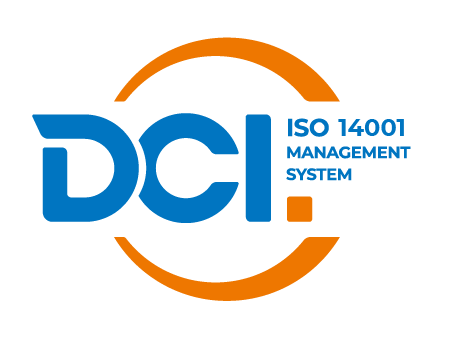

Environmental management system (ISO14001)
The rapid development of global industry and agriculture, although to a great extent to meet the material pursuit of human life, but also brought many environmental problems, global warming, land desertification, ozone layer destruction, soil erosion, biodiversity reduction, etc., seriously affecting the health and development of human beings. In order to maintain the balance of our living environment and leave green water and green mountains for future generations, environmental protection is imperative, and environmental management system has emerged.
ISO14001 is an international standard of environmental management system formulated by the international organization for Standardization (ISO), which is also the crystallization of environmental management experience in developed countries of industry and agriculture. It standardizes the requirements of enterprise environmental management system, provides a system framework of "planning implementation review improvement" for enterprises, establishes the concept of enterprise environmental protection, and reduces waste by supporting environmental protection, preventing pollution and reducing waste Reduce the consumption of energy and raw materials, control the recovery of products, and integrate the theory and practice of environmental management. The standard also focuses on the assessment and control of major environmental impacts to prevent environmental accidents, so as to reduce environmental risks and achieve sustainable development.
The formulation of ISO14001 standard and its subsequent revisions have received the general attention and response of governments of all countries. Enterprises from all walks of life have also adjusted their business objectives, striving to keep consistent with the position of global sustainable development, so as to improve their market competitive advantage.
The positive impact of environmental management system certification on enterprises is mainly reflected in the following aspects:
· Promote energy conservation and consumption reduction in production, operation, service and other activities, improve product performance, optimize process equipment, avoid economic losses caused by environmental problems, and effectively reduce production costs of enterprises.
· Promote enterprises to standardize their own environmental behavior, improve employees' environmental quality, improve environmental performance, and reduce environmental risks in the process of production and service.
· Enhance the operation compliance of enterprise mechanism, make all aspects of enterprise operation comply with international and national laws and regulations, so as to increase business communication and business development opportunities.
· Assist enterprises to put their products into the international core market, obtain international recognition, and meet the growing demand of international customers for corporate responsibility .
· Establish corporate image, standardize business operation, improve corporate popularity and industry competitiveness, win more trust from stakeholders and customers, expand market share, enhance organizational viability and realize sustainable operation .
Nowadays, environmental problems have become green trade barriers. There are many cases of huge economic losses caused by non-compliance of production process and energy consumption with current international and domestic laws and regulations. This has become an issue that enterprises must pay attention to for survival and development. The purpose of environmental management system certification is to help the organization maintain its business success while taking into account the firm position and important responsibility of environmental protection. DCI is willing to help you combine the economic development of enterprises with the construction of social environment, break the trade barriers, get the "green pass" of the international market, and be a legal and responsible corporate citizen with core competitiveness.
The project is served by DCI Certification Ltd.
-
Certification Logo and Certificates


Certification Logo
-
Certification Process
Communication of Certification Intention → submission of application materials → application review → signing of certification contract → planning of audit scheme and determination of audit time → first stage audit → second stage audit → certification decision → certificate issuance → annual surveillance and qualification maintenance
Relevant Services
Complaints & Suggestions
Standard form management Management create value






